Pollution: The mindset and the mindful
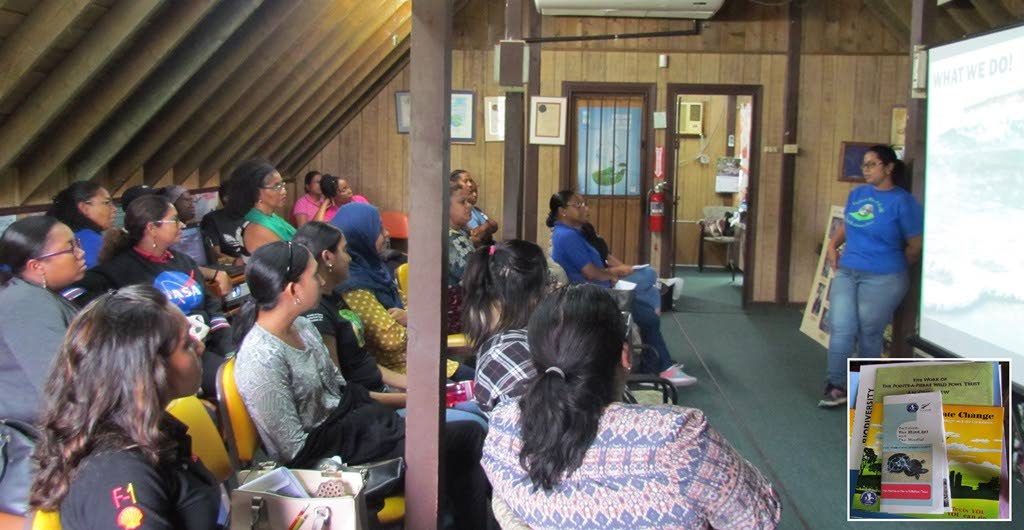
THE Pointe-a-Pierre Wildfowl Trust recently held a teacher’s workshop, through its collaborative project, The Mindset and the Mindful, with the New Zealand High Commission.
The workshop was a component of the ongoing project which comprised of “interactive dialogue, activities, films and PowerPoint presentations.”
It was held on April 8 and 25 teachers from both primary and secondary schools across TT were invited to participate in this “hands-on activity” about plastic pollution and the environment as well as the awareness of the issues and solutions.
The trust said the workshop’s objective was to encourage “teachers to ‘think out of the box’ and to identify natural resources which can be utilised everyday to mitigate pollution, using natural combatants such as snails and water hyacinth among others. The workshop also focused on the theme of reduce, reuse and recycle.
The teachers were encouraged to create green spaces in the schools and classrooms, using plants, trees and shrubs that absorb a lot of carbon dioxide; such as aloes, ficus and peace lilies among others.
“Both the teachers and trust recognise the need for follow-up programmes which will take place later on this year,” it said.
Fighting Pollution
As the trust works to combat pollution, the fight is a wider global one.
Pollution is one of the biggest problems earth faces today. Pollution is defined as by britannica.com as the addition of any substance (solid, liquid, or gas) or any form of energy (such as heat, sound, or radioactivity) to the environment at a rate faster than it can be dispersed, diluted, decomposed, recycled, or stored in some harmless form.
Forms of pollution include air, water, land, noise, light and plastic.
The World Health Organization's (WHO) website on air pollution says 4.2 million deaths occur every year as a result of exposure to ambient (outdoor) air pollution. It also said 3.8 million deaths occur each year as a result of household exposure to smoke from dirty stoves and fuels.
WHO says 91 per cent of the world's population live in places where air quality exceeds WHO guideline limits.
Its web page on the ambient air pollution says it "accounts for an estimated 4.2 million deaths per year due to stroke, heart disease, lung cancer and chronic respiratory diseases. Around 91 per cent of the world’s population live in places where air quality levels exceed WHO limits. While ambient air pollution affects developed and developing countries alike, low- and middle-income countries experience the highest burden, with the greatest toll in the WHO Western Pacific and South-East Asia regions.
"Policies and investments supporting cleaner transport, energy-efficient housing, power generation, industry and better municipal waste management can effectively reduce key sources of ambient air pollution."
Pollution: The mindset and the mindful is a collaborative project with the New Zealand High Commission and The Pointe-a-Pierre Wildfowl Trust.
***
Earth Day Tip***
Recycle Your Cell Phone
With the average consumer replacing their cell phones every 18 months, 130 million cell phones are being disposed of each year. If these go into landfill sites, the toxins from the cell battery leak into the soil and pollute the ground. Use a recycling programme. An added bonus to this is many of these programmes contribute to charities.
**Headline****Just In**
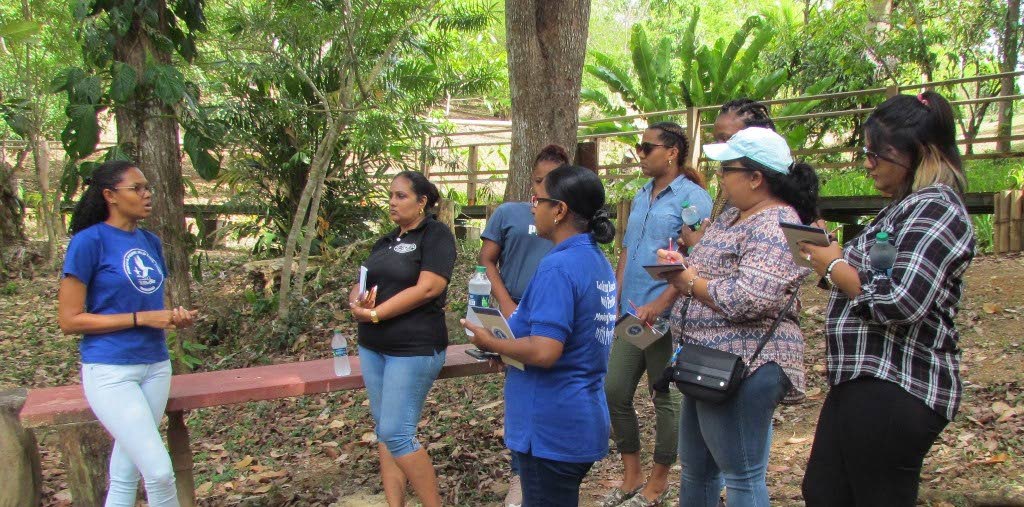
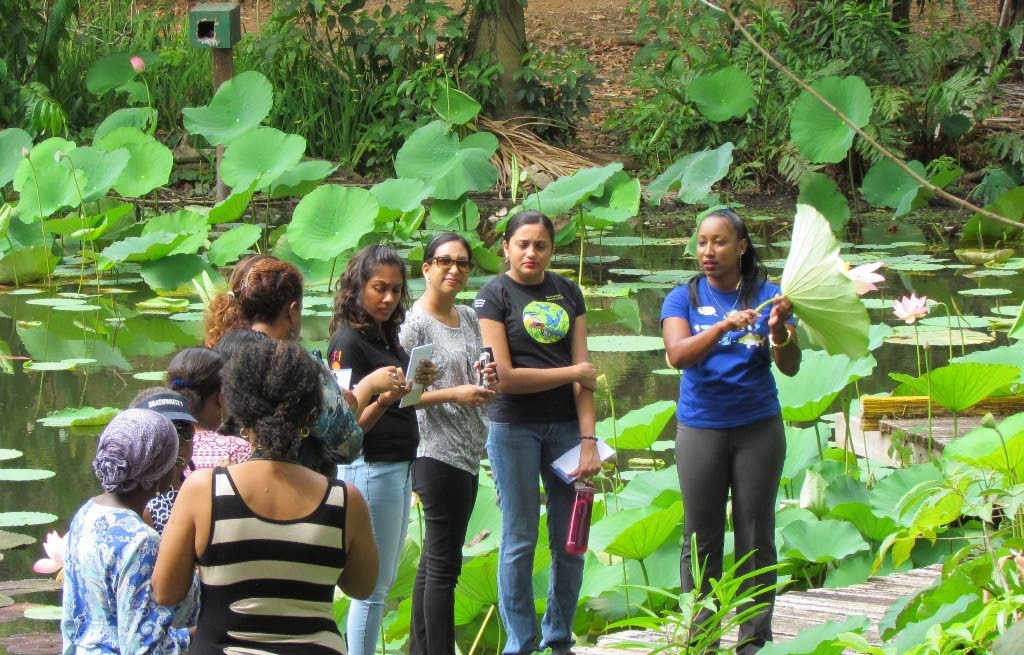

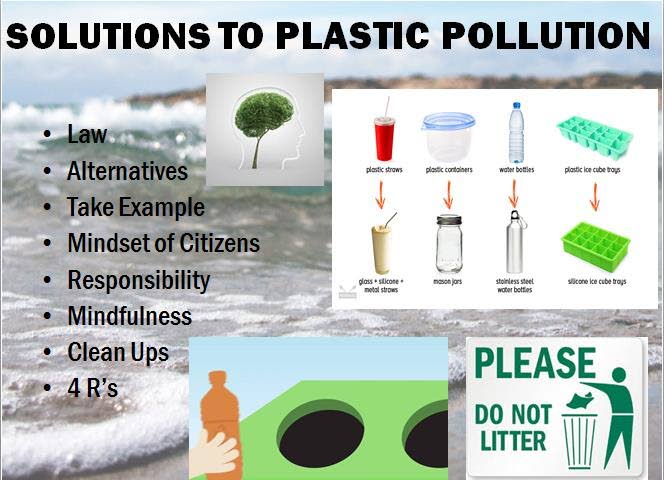
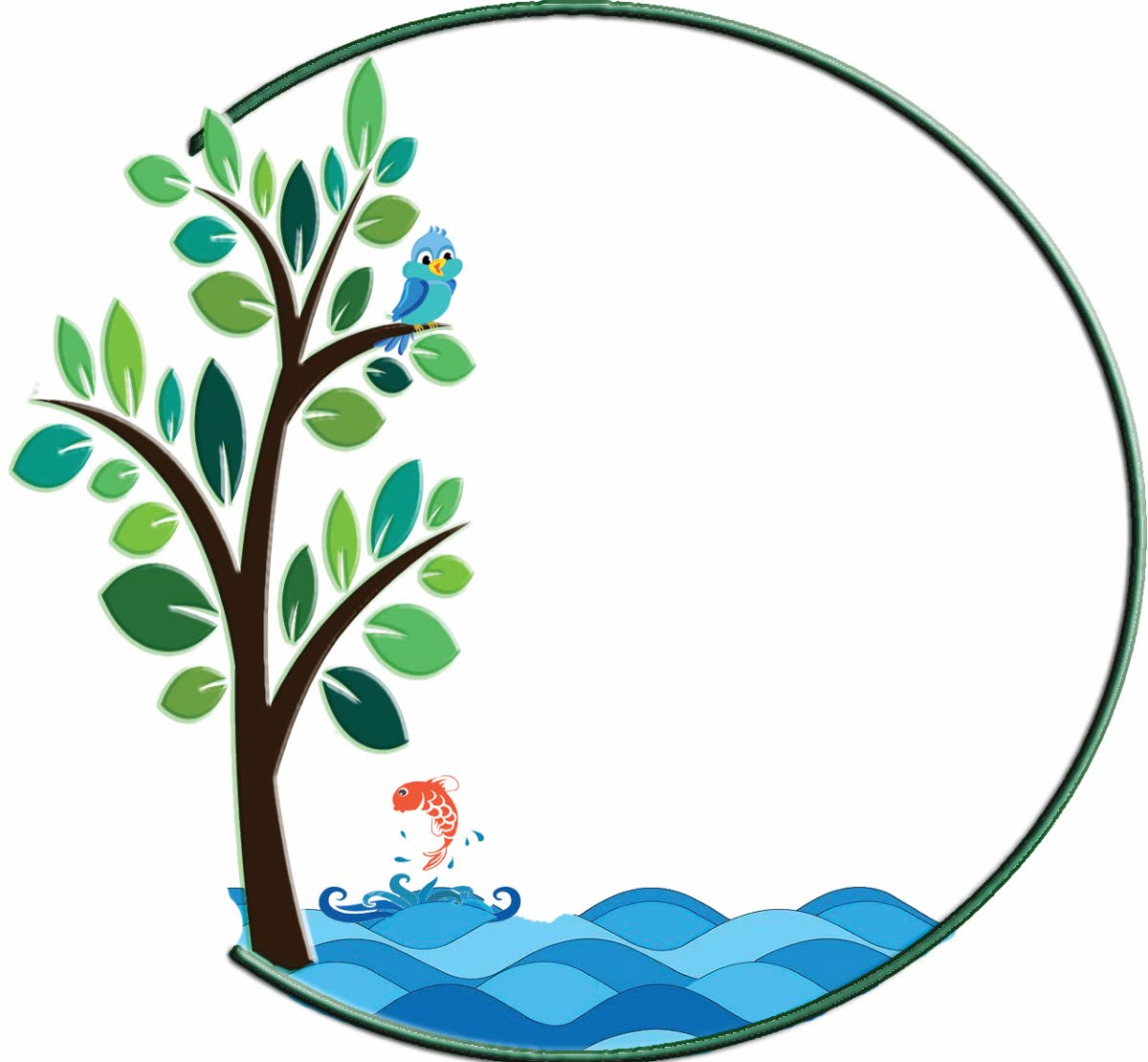


Comments
"Pollution: The mindset and the mindful"